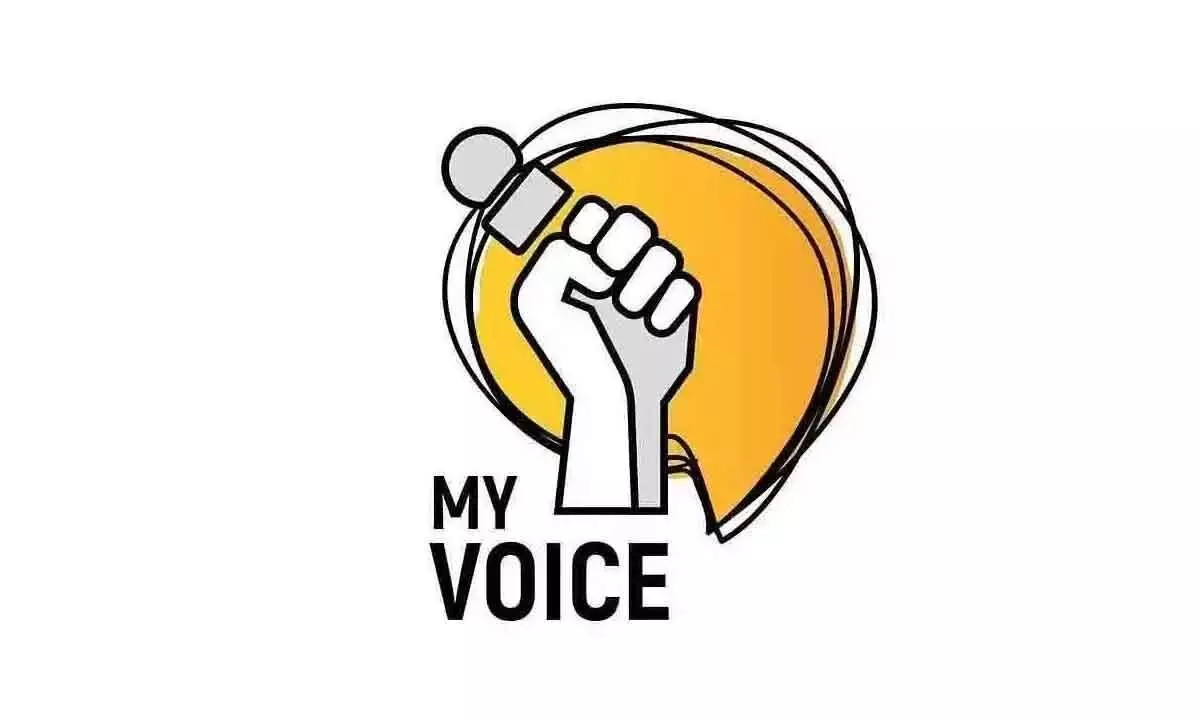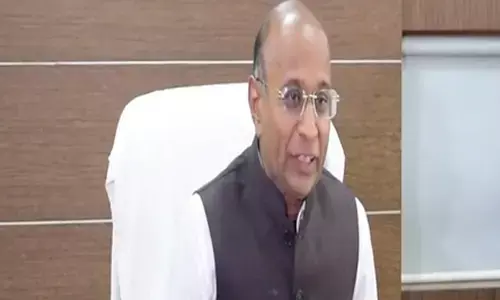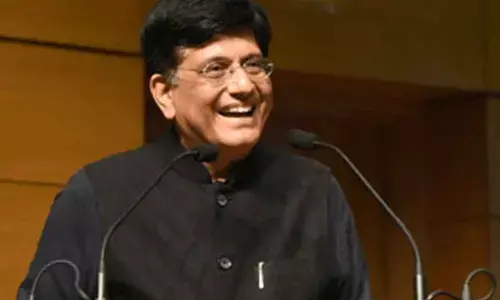MyVoice: Views of our readers 19th January 2023

MyVoice: Views of our readers 2nd February 2026
Tax super rich to reduce economic disparity
The Oxfam study of financial inequalities is reported to have given a startling status report on the economic condition of the people of India. The bottom half of the population own just 3% of the wealth. That the major portion of the wealth of the nation is concentrated only in the pockets of certain rich people is the truth. The disparity between the rich and the poor is widening daily despite poverty alleviation programs. The middle class and the salaried pay their taxes promptly unlike their super rich counterparts who get more concessions. Also the GST revenue for the government comes from the bottom half of the population while it is only 3% from the rich people. This is a bad economics. The rich growing richer and poor becoming poorer is against the democratic principles. The poor are paying disproportionately higher taxes, spending more on essentials items and services when compared to the rich. It is time to tax the super-rich and the rich. Taxing the super-rich is sure to reduce economic disparity to a large extent.
Sravana Ramachandran, Chennai.
Pak PM raises hackles of Army, ISI
Pakistani Prime Minister Shehbaz Sharif said that 'the three Indo-Pak wars had taught Pakistan a lesson,' and that these wars had brought only misery, unemployment, and poverty to Pakistan. He said this while requesting UAE to use her influence to draw India to the diplomatic table. By citing this, Prime Minister Sharif clearly crossed the 'Lakshman Rekha', as his observations though true, would not have gone down well with the Pakistani Army and ISI, for whom anti-India mechanization is an industry. Prime Minister Sharif must have realized this fact, having his office clarify later that normalization of Indo-Pak diplomatic relations would only be possible if abrogation of Article 370 and bifurcation of Jammu & Kashmir are reversed by India.
Dr George Jacob, Kochi
II
It is a good augury that Shehbaz Sharif made a proposal to Prime Minister Narendra Modi to jointly sit down at the table and have serious and sincere talks to resolve the burning points like Kashmir and further states that such talks would be possible only when India reverses its abrogation of Article 370 of its Constitution. Such a proposal, in fact, amounts to a mere nothing as such abrogation and its reversal, if any, is the exclusive prerogative of India and has nothing to do with the agenda of mutual relations between both these countries. His remark that they had learnt a lesson to live in peace with India is simply without any substance and sounds a big hollow. Let India be careful not to be carried away by the evil designs of our hostile neighbour, who is also notorious as a rogue nation and major exporter of terrorism across the borders.
Seshagiri Row Karry, Hyderabad
SC needs to weigh govt views on collegium
In continuation to the ongoing expression of opposition to the collegium system as the selection process for High court and Supreme Court judges, the Union Law Minister has shot a letter to Chief Justice of India to include the representative from the government in the selection panel. His suggestion seems to be reasonable. The powers of executive and judiciary should be kept well-balanced for the good health of democracy. All the selection processes including those of judiciary should be transparent and immune to pressures from power corridors.
Dr DVG Sankararao, Vizianagaram
II
If the Supreme Court accepts the Law Minister's request then on the other side Opposition parties can raise their demands to include their representative while selecting the judges through the collegium process. The time has come when the ruling government either stops the request to include their representative for the selection through collegium process or they should include all Opposition representatives in the selection process of judges through collegium process.
Syed Nissar, Hyderabad
III
The judiciary which prescribes transparency to all is running an opaque system, say, in collegium matters or general disposal of cases. The collegium never explained to why some junior jurors make it top court while seniors languish. It even publicly refused to make collegium deliberations public giving suspicion of some nepotism. The number of judges now on bench who are related to former judges is unusually high. The SC took up cases arising out of bifurcation of Andhra Pradesh without first disposing the petition challenging the AP Reorganization Act 2014. What prevents the SC from hearing the original petition? There are several such unanswered questions to judiciary. So government can't be blamed alone.
Dr Duggaraju Srinivasa Rao, Vijayawada
Stray dog menace in Bengaluru: 79,057 attacked in three years
Bengaluru: In Bangalore, 79,057 people have been attacked by stray dogs in the last three years. So far, Bruhat Bengaluru Mahanagara Palike (BBMP) has given compensation money and taken care of the medical expenses of 28 people. A total of Rs 6,81,468 was spent on the victims.
On May 31, a 3-year-old child was attacked by stray dogs at AGB Layout in T Dasarahalli. Stray dogs attacked and injured a boy who was playing outside the house. A young man who was walking on that road luckily saved the boy. This case is just an example, the attacks from stray dogs has not stopped in Bangalore city. Over 79,057 people have been attacked by stray dogs in the last three years.
There is an atmosphere of fear even walking in some streets of Bangalore city. Stray dogs are also attacking bikers. Even walking on the road at night is scary because of the ferocity of stray dogs. BBMP officials who wake up when some incidents happen, later stay quite. But there is no solution to this problem.
In Bengaluru, 79,057 people have been attacked by stray dogs in the last three years. The cases reported in 2019-20 were: 42,818, 2020-21: 18,629 and 2021-22 - 17,610 people were attacked and injured by stray dogs. Over 14,489 people have been attacked by stray dogs in urban local bodies of the state. So far 28 people have been disbursed medical expenses and compensation money by BBMP. A total of Rs 6,81,468 was given.
BBMP and urban local bodies are taking some measures to reduce the menace of stray dogs. But they are not fully effective. Urban local organisations are conducting a survey of stray dogs, catching them and keeping them in suitable places, neutering and giving vaccinations.
Sterilisation treatment is provided by veterinarians or organizations accredited by the Animal Welfare Board of India and suitably trained in animal birth control. Vaccination programs are being conducted to control rabies. But these measures have not curbed the menace of stray dogs.











